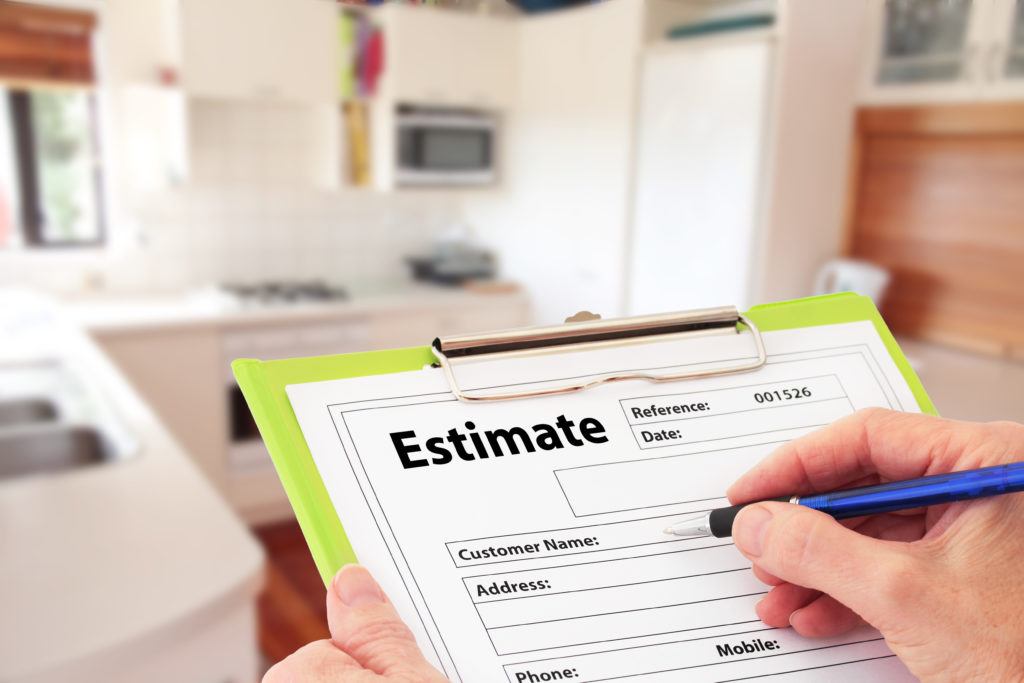How do you avoid being surprised by unexpected costs once you become a homeowner? The answer is easy – by being prepared. And the only way to be prepared is to know what’s coming.
This is the key to living as a stress-free as a new homeowner. Knowing how much money to have tucked away is the key to your success. There are many situations that can arise as a homeowner that can cost you money unexpectedly. Here are a few key ways you can protect yourself and your savings!
Getting a Home Inspection
Once you put in an offer on the home you love, one of the most important tasks you must do is order a home inspection. The home inspection will confirm for you whether this house is a solid investment or a money pit. Your home inspector will inspect every part of your new home from the roof down to the foundation or crawl space and everywhere in between.
They will let you and the seller know anything that is or could potentially be a problem in the future. And knowing this will allow you to decide if you still want to go through with your purchase and allow you to get estimates for items that show up as problems.
If the hot water heater is showing signs of wearing out but still has a year’s time left; knowing this helps you to put money aside for when it does need to be replaced.
Lose The Renter Mentality
Many renters simply aren’t prepared to pay for the increase in costs of living in a new home. For example, many renters don’t pay for water or garbage pickup. Living in smaller apartments and transitioning to a single-family home can also bring with it a much larger utility bill.
There are also association dues and CDD fees that many newer communities require monthly, quarterly, or annually. This amount should be considered on top of your mortgage payment to be sure you have sufficient cushion.
Make Sure You’re Covered
It costs a lot more to insure a home, than say, a one-bedroom apartment. So even if you’re used to paying renters’ insurance, you’re going to have to increase the budget for insuring your new home. And, there are a lot of factors to consider when it comes to insurance.
Thought you saved more by buying an older house? Well, guess what: It’s going to cost more to insure it because the electrical, heating and plumbing are older and more prone to disaster. Wait, did you fall behind on credit-card payments but thought you were in the clear because you always paid your mortgage? Insurance companies can periodically check your credit score and raise your rates based on their assessment of your “risk” level.
Understanding exactly what to prepare for keeps those hidden costs out in the open. That way when you do have a surprise cost show up, it won’t be overwhelming!
To get YOUR homebuying process started today, simply click HERE to fill out our easy application!






